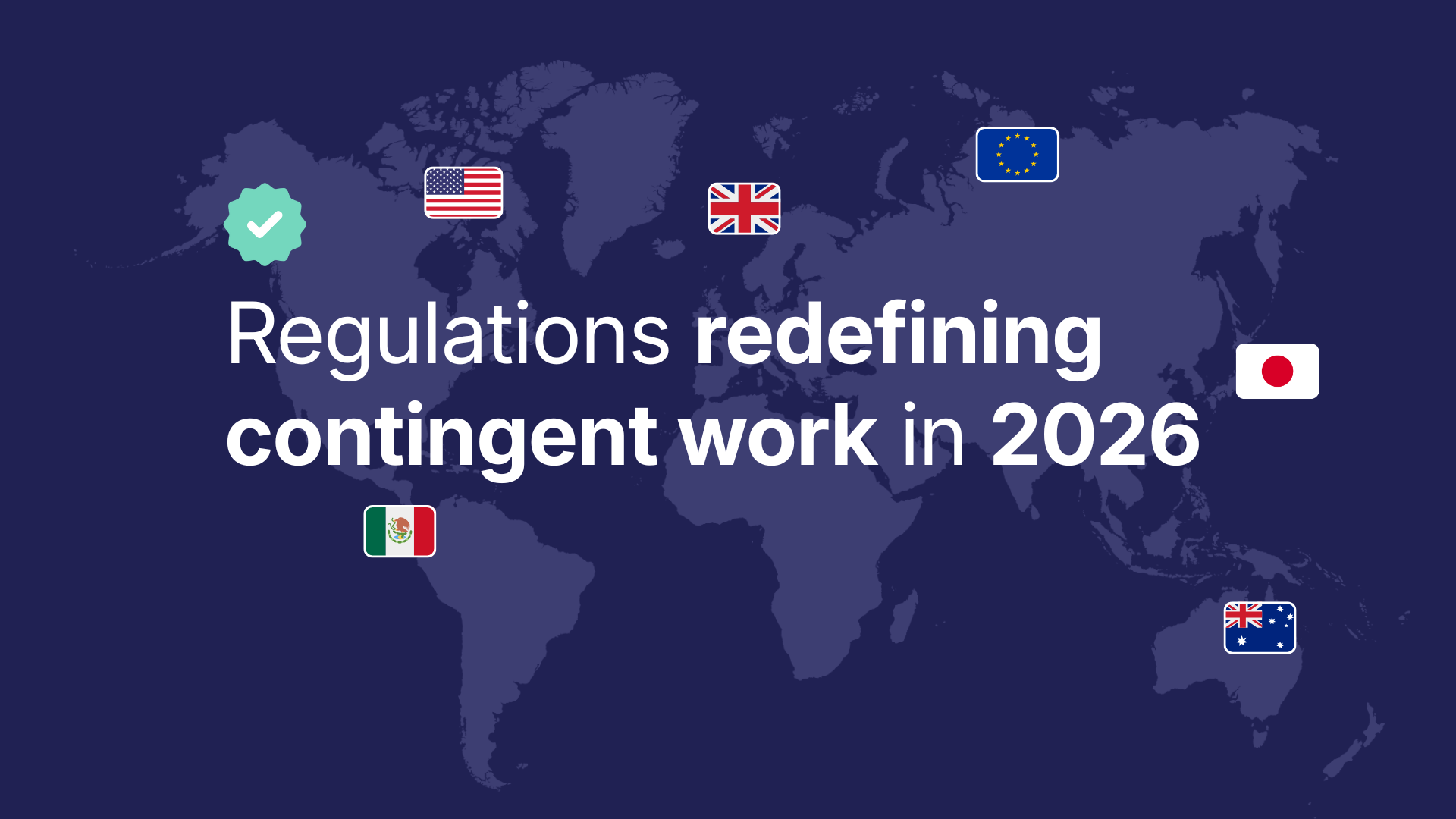The gig economy has become an integral part of how companies operate and grow. As organisations seek flexible, skilled professionals to meet their ever-changing needs, building a robust freelancer talent pool has become essential. This article explores the intricacies of creating and managing a freelancer talent pool, offering insights into best practices, challenges, and strategies for success in the dynamic world of the gig economy.
Understanding the gig economy and its impact on talent acquisition
The gig economy, characterised by short-term contracts, freelance work, and temporary positions, has transformed the traditional employment model. According to a study by McKinsey, up to 162 million people in Europe and the United States engage in some form of independent work. This shift has profound implications for how businesses source and manage talent.
For companies, the gig economy offers unprecedented access to a global pool of skilled professionals. It provides the flexibility to scale teams up or down quickly, access specialised expertise on-demand, and reduce overhead costs associated with full-time employees. However, navigating this requires a strategic approach to building and maintaining a freelancer talent pool.
The benefits of building a freelancer talent pool
Creating a robust freelancer talent pool offers numerous advantages for businesses:
1. Access to diverse skills and expertise
A well-curated talent pool provides access to a wide range of skills and expertise that may not be available in-house. This diversity allows companies to tackle various projects and challenges without the need for long-term commitments.
2. Increased agility and flexibility
With a ready pool of freelancers, businesses can quickly adapt to changing market conditions, scale their workforce as needed, and respond to new opportunities with agility.
3. Cost-effectiveness
Engaging freelancers can be more cost-effective than hiring full-time employees, especially for short-term projects or specialised tasks. It eliminates the need for ongoing salaries, benefits, and overhead costs associated with permanent staff.
4. Access to global talent
A freelancer talent pool allows companies to tap into a global workforce, bringing diverse perspectives and cultural insights that can be invaluable in today's interconnected business world.

Strategies for building an effective freelancer talent pool
Creating a high-quality freelancer talent pool requires a strategic approach. Here are some key strategies to consider:
1. Define your needs and requirements
Before you start building your talent pool, clearly define the skills, expertise, and experience you need. This will help you focus your efforts and attract the right freelancers to your pool.
2. Leverage multiple sourcing channels
Cast a wide net when sourcing freelancers. Utilise online platforms, professional networks, industry events, and referrals to identify potential candidates. At YunoJuno, we've found that combining a company's own talent pool with access to a curated marketplace of elite contractors can significantly enhance the quality and diversity of available talent.
3. Implement a rigorous vetting process
Develop a thorough screening process to ensure that freelancers in your talent pool meet your quality standards. This may include skills assessments, portfolio reviews, and reference checks.
4. Create a seamless onboarding experience
Streamline your onboarding process to make it easy for freelancers to join your talent pool. This includes clear communication of expectations, efficient contract management, and smooth integration into your workflows.
5. Foster strong relationships
Build and maintain strong relationships with your freelancers. Regular communication, fair treatment, and timely payments are crucial for retaining top talent in your pool.
Managing and optimising your freelancer talent pool
Once you've built your talent pool, effective management is key to maximising its value:
1. Implement a robust management system
Use a centralised platform to manage your freelancer relationships, track projects, and monitor performance. This can help streamline processes and improve overall efficiency.
2. Ensure compliance and mitigate risks
Stay up-to-date with legal and regulatory requirements related to freelancer engagement. Implement processes to ensure proper classification, tax compliance, and risk management. Platforms like YunoJuno offer built-in global worker classification and compliance features, which can significantly reduce the administrative burden and legal risks associated with managing a global freelancer workforce.
3. Provide ongoing feedback and support
Regularly assess freelancer performance and provide constructive feedback. Offer support and resources to help freelancers improve their skills and deliver high-quality work.
4. Continuously evaluate and refine your pool
Regularly review the composition of your talent pool to ensure it aligns with your evolving needs. Remove inactive or underperforming freelancers and actively seek new talent to fill gaps.
Overcoming challenges in building and managing a freelancer talent pool
While the benefits of a freelancer talent pool are significant, there are challenges to be aware of:
1. Quality control
Maintaining consistent quality across a diverse pool of freelancers can be challenging. Implement robust quality assurance processes and provide clear guidelines to ensure consistency.
2. Integration with in-house teams
Seamlessly integrating freelancers with your in-house teams can be complex. Foster a culture of collaboration and provide the necessary tools and processes to facilitate smooth integration.
3. Intellectual property and confidentiality
Protect your company's intellectual property and sensitive information when working with freelancers. Use clear contracts and NDAs to safeguard your interests.
4. Scalability and management overhead
As your freelancer talent pool grows, managing it can become increasingly complex. Invest in tools and processes that can scale with your needs, or consider partnering with platforms that specialise in freelancer management.

The future of freelancer talent pools in the evolving gig economy
Freelancer talent pools are likely to become even more critical for businesses. Several trends are shaping the future of this landscape:
1. Increased specialisation
As industries become more complex, we're likely to see a rise in highly specialised freelancers. Companies will need to refine their talent pools to include these niche experts.
2. AI and automation in talent management
Artificial intelligence and automation will play a growing role in managing freelancer talent pools, from matching freelancers to projects to performance evaluation and payment processing.
3. Focus on diversity and inclusion
Companies will increasingly prioritise diversity and inclusion in their freelancer talent pools, recognising the value of diverse perspectives in driving innovation and business success.
4. Enhanced collaboration tools
As remote work becomes more prevalent, we can expect to see the development of more sophisticated collaboration tools designed specifically for managing and working with distributed freelance teams.
Conclusion
Building and managing a freelancer talent pool is a complex but rewarding endeavour that can provide businesses with a significant competitive advantage, dynamic business environment. By implementing strategic approaches to sourcing, vetting, and managing freelancers, companies can create a flexible, skilled workforce that can adapt to changing needs and drive innovation.
Those who master the art of building and leveraging freelancer talent pools will be well-positioned to thrive in an increasingly competitive global marketplace. By embracing the opportunities presented by the gig economy and addressing its challenges head-on, businesses can unlock the full potential of a diverse, global talent pool and propel themselves towards future success.







